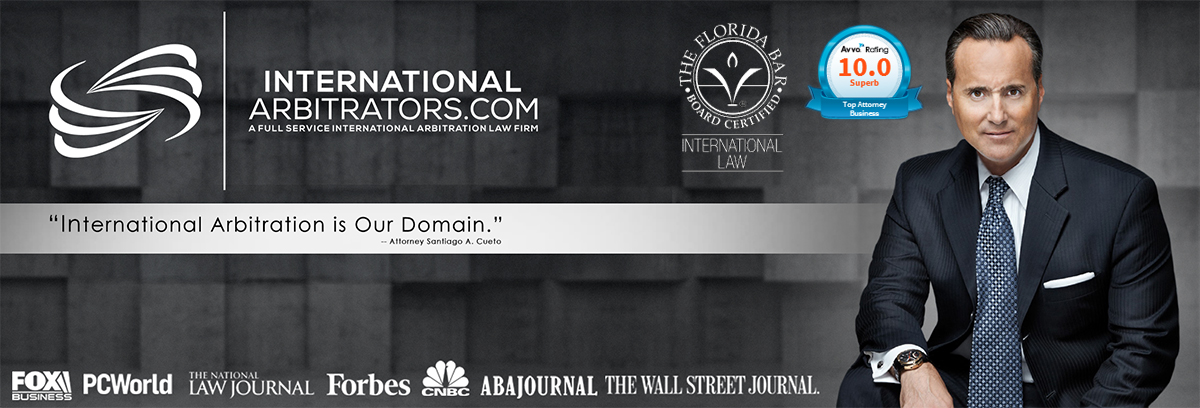
By Davy Karkason Esq.
In providing products in international trade when prices are rising, defendant who is performing the contract can have a defense of impractability. However, what do you do when the price of the contract is fixed during inflation when there is a purchase order or price of the goods was already agreed on? What clauses can be overlooked and should be implemented in order to solve this particular issue?
1. AN ESCALATOR CLAUSE CAN BE IMPLEMENTED
An escalator clause is a clause providing that in an event the price of the goods changes then you have the right to amend the price base on the changes in the market. See Ass’n of Golden Glades Condo. Club, Inc. v. Sec. Mgmt. Corp., 557 So. 2d 1350 (Fla. 1990). However, if, for example, a contract that has a subject matter of steel, then the clause can be interpreted as “steel” as the only raw material that the contract would allow to amend its price. See Id. Escalator clauses are great if they are broad enough to encompass all sort of raw material. This is especially true for construction contract. However, when dealing with customs for import of the goods, it tends to be difficult for custom to determine the duty on the merchandise. In fact, in United States v. Ford Motor Co. the Court ruled that the duties owed on merchandise are in part a function of the value of that merchandise. The proper assessment of duties, therefore, depends on the proper assessment of merchandise’s final entry value. A declared value that is non-final is one upon which Customs cannot “properly assess duties.” The existence of a contract provision rendering the declared value non-final, therefore, constitutes “information … necessary to enable” Customs to assess such duties and thus must be disclosed by the importer under § 1484. United States v. Ford Motor Co., 463 F.3d 1267, 1275 (Fed. Cir. 2006). Thus, an escalator clause can be useful but there could be a problem with custom when duties are owed to which potential litigation can occur.
2. THE INTERNATIONAL CHAMBER OF COMMERCE FORCE MAJEURE AND HARDHSIP CLAUSES CAN BE MORE SUITABLE
The ICC Force Majeure and Hardship Clauses balances business people’s legitimate expectations of performance with the reality that circumstances change, making performance so hard that the contracts simply must change. This clause will protect international transaction involving trades.
In fact, under the ICC, “Force Majeure” means the occurrence of an event or circumstance (“Force Majeure Event”) that prevents or impedes a party from performing one or more of its contractual obligations under the contract, if and to the extent that the party affected by the impediment (“the Affected Party”) proves:
- a) that such impediment is beyond its reasonable control; and
- b) that it could not reasonably have been foreseen at the time of the conclusion of the contract; and
- c) that the effects of the impediment could not reasonably have been avoided or overcome by the Affected Party.
This definition gives a lower threshold for protecting the party performing the contract in international trade than a general force majeure clause that list unforeseen events. In fact, in Cessna Finance Corporation v Gulf Jet LLC (Final Award), ICC Case 18769 of 2014, the Tribunal ruled that economic hardship for the lease of the Gulf Jet aircraft was not an excuse under the laws governing the agreement (“Kansas law”) because force majeure was expressly excluded under the agreement.
On the other hand, in Global Tungsten & Powder Corp v Largo Resources Ltd. The Tribunal ruled that the drought that occurred at the time, which prevented the tungsten to concentrate and thus tremendously increased the cost of producing the goods, was a force majeure. However, since drought was a common occurrence in the supplier’s region, the Tribunal noted that the supplier had a duty to install a better water supply system and noted that the seller had a duty to use “commercially reasonable maximum efforts” and thus, order the supplier to pay the loss of the deliveries only during the period of the drought.
Therefore, the party invoking the force majeure in international arbitration has the burden of proof that no other alternatives could mitigate the issue at stake. In addition, it is also important to note that if the performing party did create or put him or herself in a situation where the unforeseen circumstances that is outside the parties’ control occurred (e.g. delaying the delivery of the goods until Covid hits and price inflation occurred) then Courts and Tribunal may not excuse the party who is performing due to their recklessness or negligence. Therefore, Courts and Tribunals will rule on a case-by-case basis.
CONCLUSION
Based on these two potential clauses, it is important to closely look at what would fit best for a particular situation. Every Tribunals, Countries, States or Regions have different definition of “force majeure”. However, as a Tribunal that is mainly focused on international trade and cross border dispute, the ICC clauses of Force Majeure has uniform definition and can be seen as fair due to its lack of potential bias toward a jurisdiction.









